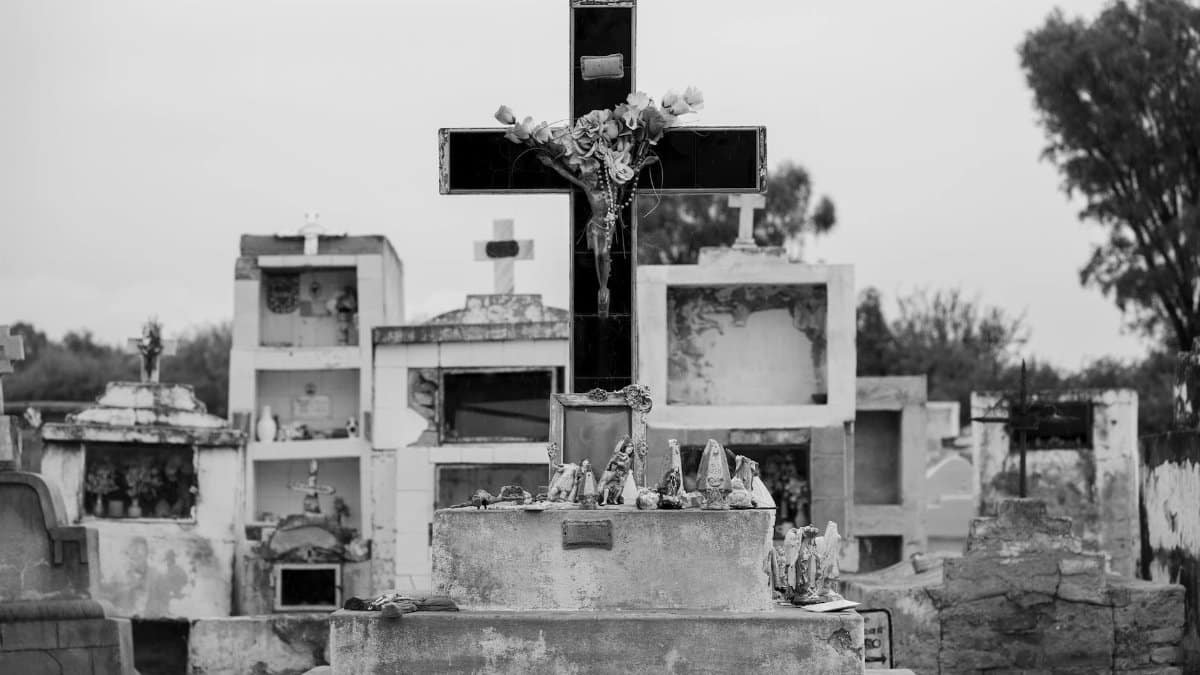Sunlight filtered through a small Brooklyn loft window as a group of thirty-somethings sat cross-legged on the floor, discussing the pull of the cosmos. One clutched a tarot deck; another wore a necklace etched with astrological symbols. Their conversation wasn’t about a specific deity or sacred text but about “vibrations” and “universal energy.” This scene, increasingly common across urban hubs and online spaces, captures a quiet revolution among younger adults. Millennials cosmic spirituality—a blend of astrology, mysticism, and a yearning for connection beyond the material—isn’t just a passing trend. It’s a response to a world that often feels disconnected and chaotic, a way to find meaning without the constraints of traditional religion. For many in this generation, born between 1981 and 1996, the stars and unseen forces offer answers that churches or synagogues no longer provide. What drives this shift? Why are so many turning to the cosmos for guidance in 2025? The answers lie in a mix of cultural disillusionment, technological influence, and a deep hunger for something bigger.
The Decline of Traditional Faith

Millennials are walking away from organized religion at a staggering pace. A 2019 study from the Pew Research Center found that 40% of millennials identify as religiously unaffiliated, a sharp rise from previous generations. This isn’t just a rejection of dogma; it’s a reflection of distrust. Many grew up witnessing scandals within religious institutions or felt judged for questioning rigid teachings. For some, the idea of a single, authoritative truth feels outdated in a pluralistic, information-saturated world. Instead of pews and sermons, they’re seeking frameworks that feel personal and fluid. Cosmic spirituality, with its emphasis on individual intuition over institutional rules, fills that void. It’s not about submission to a higher power but about co-creating meaning with the universe itself. This shift isn’t merely anecdotal—data backs it up. A 2021 report from Barna Group noted that nearly half of millennials express interest in alternative spiritual practices, a trend continuing into 2025.
A Hunger for Connection

Why the cosmos? One answer lies in a pervasive sense of isolation. Millennials came of age during economic uncertainty, a housing crisis, and the rise of social media, which often amplifies comparison over community. Cosmic spirituality offers a counterbalance—a belief that everything, from a distant star to a stranger’s smile, is interconnected. A young graphic designer in Chicago described it vividly: “When I look at my birth chart, I feel like I’m part of something vast. It’s not just about me.” This longing for unity isn’t new, but the way it manifests is. Rather than joining a congregation, many are turning to moon rituals or energy healing to feel tethered to something greater. The appeal is emotional as much as philosophical. In a world of fleeting digital interactions, the idea of universal energy provides a grounding force, a reminder that we’re not as alone as we might feel.
The Role of Technology and Accessibility

Smartphones and algorithms have played an unexpected role in this spiritual pivot. Apps like Co-Star and The Pattern deliver personalized astrological insights with a swipe, making cosmic spirituality as accessible as a weather forecast. Social media platforms amplify this, with hashtags and viral posts turning niche practices into mainstream conversations. A 2023 study by Nielsen highlighted how spiritual content has surged among younger users, with millions engaging in posts about tarot or crystal healing. Online spaces also democratize knowledge—anyone can learn about chakras or planetary transits without a guru or gatekeeper. This immediacy resonates with a generation that values DIY solutions. Yet, there’s a flip side. Some worry that digital spirituality risks becoming shallow, more about aesthetics than depth. Still, for many, technology is a bridge, not a barrier, to exploring millennials cosmic spirituality in 2025.
Rejecting Materialism for Meaning

Another thread in this shift is a push against consumer culture. Millennials often feel trapped in a cycle of work, debt, and endless scrolling, where success is measured by likes or bank balances. Cosmic spirituality offers an escape hatch—a way to prioritize inner growth over outward achievement. Practices like meditation under a full moon or journaling with astrological prompts aren’t about acquiring things; they’re about shedding burdens. This isn’t to say millennials are abandoning ambition. Rather, many are redefining it. A 2024 survey by Gallup found that younger workers increasingly value purpose over pay, a sentiment echoed in spiritual circles. The cosmos, in this view, isn’t just a backdrop; it’s a mirror reflecting what truly matters. For a generation often labeled as materialistic, this turn toward the ethereal feels like a quiet rebellion.
The Tension of Skepticism

Not everyone is on board with this cosmic wave. Critics—ranging from religious leaders to secular thinkers—argue that millennials cosmic spirituality lacks rigor or accountability. They point to the pseudoscience behind astrology or the commercialization of “woo-woo” products like overpriced crystals. One skeptic, overheard at a coffee shop debate, grumbled, “It’s just horoscopes repackaged for people who want to feel special.” There’s merit to the concern that spiritual trends can veer into escapism, dodging real-world problems with vague notions of “energy.” Yet, defenders counter that the value lies not in literal truth but in personal empowerment. For many millennials, cosmic practices aren’t about proving the stars control fate—they’re tools for reflection in a noisy world. This tension between belief and doubt keeps the conversation alive, revealing how deeply this shift challenges cultural norms.
A Path to Practical Healing

Beyond philosophy, cosmic spirituality often serves a tangible purpose: mental health. With anxiety and burnout rampant—especially among a generation navigating global crises—many turn to these practices for calm. Visualizing energy fields or following lunar cycles can feel like a meditative anchor, a way to reclaim control. Online discussions frequently highlight this angle, with one anonymous account describing how tracking planetary retrogrades helped them process grief: “It gave me a framework to understand chaos.” While not a substitute for therapy, these rituals offer a low-barrier entry to self-care, especially for those wary of clinical settings. The accessibility matters. In 2025, as mental health resources remain stretched thin, millennials cosmic spirituality provides a grassroots alternative, blending ancient wisdom with modern needs. It’s less about mysticism and more about survival for some.
Redefining Community in the Cosmic Age

Finally, there’s the draw of belonging. Traditional religion often meant weekly gatherings, a built-in network. Cosmic spirituality, while more solitary in practice, still fosters connection—just differently. Virtual moon circles, astrology meetups, and shared memes about Mercury retrograde create micro-communities, often spanning cities or continents. These aren’t hierarchical like a church hierarchy; they’re horizontal, built on shared curiosity. For millennials, who often relocate for work or struggle with in-person socializing post-pandemic, this flexibility is key. It’s not uncommon to hear someone say they’ve found their “tribe” through a shared love of cosmic ideas. This reimagining of community—less about physical space, more about aligned vibes—speaks to a generation craving connection on their own terms. It’s a reminder that spirituality, whether tied to a steeple or a star, ultimately answers the same human ache.
As this cosmic turn gains momentum, it’s clear that millennials are not just rejecting tradition—they’re rewriting it. Their embrace of the universe as a guide reflects a broader quest for authenticity in a fractured age. Whether through a tarot card pull or a quiet moment under the night sky, millennials cosmic spirituality offers a way to navigate uncertainty with wonder. It’s messy, imperfect, and sometimes mocked, but it’s undeniably theirs. And in 2025, as the world spins faster, that personal stake in the infinite might be exactly what keeps them grounded.
